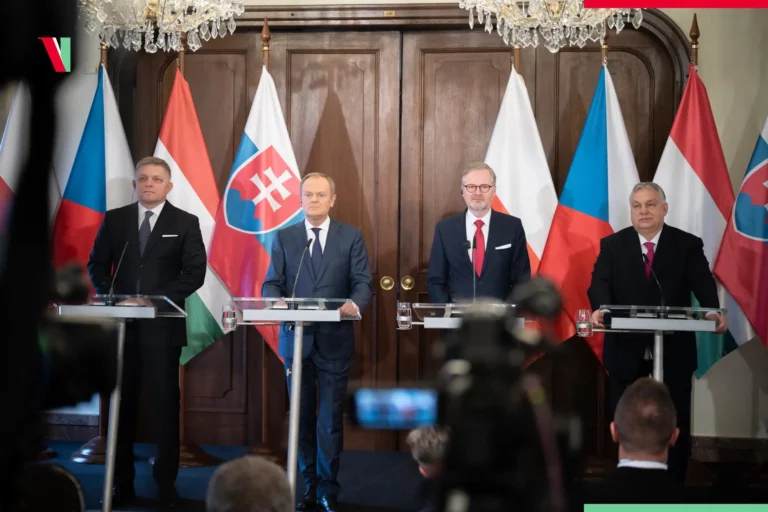Slovakia
Surprising: Increasing number of Hungarian customers shop abroad, but which country is the destination?

Hungarian defence minister: Most important thing is peace

International cooperation: Police arrest Slovak arms dealers in Hungary and Slovakia

PM Orbán calls on Hungarians in third countries to vote

New era in ties between Hungary and Slovakia?

Traffic between Slovakia and Hungary to resume on several railway lines

Foreign Minister: Central Europe fully backs Hungarian EU Presidency’s expansion plan

Orbán cabinet: Ending Russia-Ukraine war Hungary’s fundamental interest

PM Orbán receives head of Slovakia’s Hungarian Alliance party

Stunning visuals: Magical new bridge planned between Hungary and Slovakia

Slovak House Speaker Pellegrini holds talks in Budapest – UPDATE

Two in one: newest Hungarian-Slovak border bridge inaugurated for the second time

Did Czech, Polish prime ministers shout at PM Orbán due to Sweden’s NATO accession?

PM Orbán meets old ally in Prague

Russian official: Europe to change its tune when Russian troops are on the borders of Hungary…

PHOTOS: Hungarian language university in Slovakia celebrates 20th anniversary

Visegrád 4 countries protest against EU policies

Hungarians celebrated the Day of Hungarian Culture





 ZH
ZH IT
IT DE
DE HR
HR NL
NL FR
FR JA
JA RO
RO RU
RU ES
ES TR
TR
